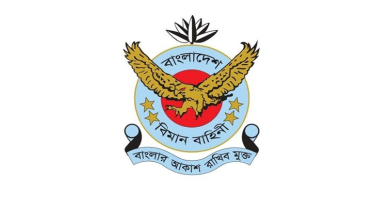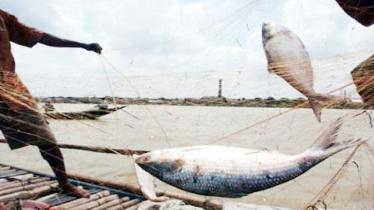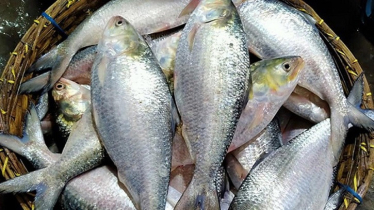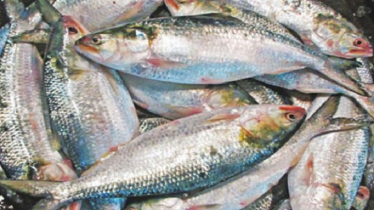
Soft afternoon light filters through the laboratory windows, glinting off glass jars filled with vibrant green seaweed. The air carries a faint salty scent as a group of young researchers work meticulously—some drying the algae, others grinding it into powder or bottling its extracts.
Inside the Department of Fisheries Biology and Genetics at Patuakhali Science and Technology University (PSTU), students are transforming seaweed into a range of innovative products—ice cream, soap, sweets, biscuits, and even a colorful jelly-like dessert. In one corner of the lab, jars labeled “Seaweed Face Pack” glisten beside neatly arranged samples of sushi, nori sheets, sausages, and food supplement tablets—all created from marine algae.
According to the researchers, these products are entirely natural, eco-friendly, and nutritionally rich. Seaweed, they say, holds immense potential not just as food but also as a source of economic opportunity.
Student researcher Ashiqur Rahman shared his excitement: “Ice cream made from seaweed has a distinct flavor and is packed with proteins, vitamins, and minerals rarely found in regular food. If seaweed cultivation is commercialized along our coastline, it could transform our economy.”
The research is led by Professor Dr. Md. Rajib Sarkar, who refers to seaweed as “marine vegetables.” He explained, “Seaweed is rich in protein, vitamins, and minerals. It could be the food of the future. With proper coastal cultivation, it would also create jobs and boost local income.”
Dr. Sarkar added that Bangladesh’s coastal geography—spanning Saint Martin’s Island, Kuakata, Golachipa, and Mohipur—is ideal for seaweed farming due to its saline waters and abundant sunlight. In Char Gongamati, Kuakata, 60 local fishermen have already been trained and divided into two groups to cultivate seaweed under the supervision of researchers.
Beyond its scientific promise, seaweed cultivation is emerging as a beacon of economic hope. Once limited to ocean biodiversity, this marine plant is now at the heart of innovative food and cosmetic development. With global demand for seaweed products surging, Bangladesh’s untapped coastline could soon play a vital role in the billion-dollar international seaweed industry.
Across Asia, particularly in Japan, Korea, China, Indonesia, and Thailand, seaweed is a dietary staple and a key ingredient in medicine and cosmetics. Experts believe that with proper support and investment, Bangladesh can follow this trajectory, turning its coastal resources into sustainable wealth.
Researchers report that their locally made seaweed-based products have already received encouraging feedback. Steps are now being taken to scale up production. Sher-e-Bangla Agricultural University has developed a “SAU Seaweed Soup” using seaweed collected from the Cox’s Bazar coastline. The research team, led by faculty member Mir Mohammad Ali, created a 12.5-gram soup packet containing 2.5 grams of seaweed, offering nearly 10 grams of protein per serving. The team believes the soup can soon enter commercial markets.
PSTU Vice-Chancellor Professor Dr. Kazi Rafiqul Islam emphasized the need for local entrepreneurship: “We want our coastal communities to adopt seaweed cultivation using the technology developed here. This can empower local people and foster self-reliance.”
He added that the university’s fisheries biology and genetics department is already engaging with pharmaceutical and cosmetic manufacturers to explore large-scale collaboration. With proper partnerships, Bangladesh could soon see a thriving seaweed-based industry that blends sustainability, nutrition, and economic growth.





